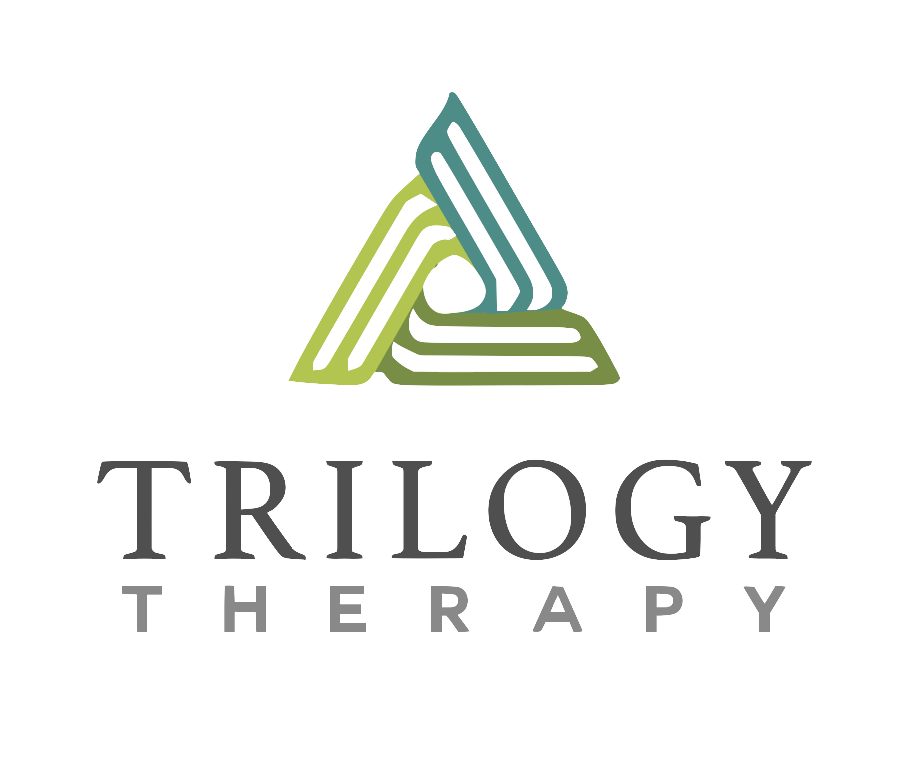Should I call a speech therapist? How to decide when speech errors just aren’t normal anymore.
/Should I call a speech therapist? This question pops up a lot, and I hear it especially at the beginning of a school year. Often it’s not just parents but teachers asking about students they teach. The answer can depend on what setting the child is in as school based and private speech therapy differ on qualifying criteria. Here’s an excellent blog post on the difference, “Important Info for Parents About School-Based and Private Speech-Language Therapy Services.”
In the fall of 2018 a published journal article by McLeod and Crowe came out providing a cross-linguistic review of children’s acquisition of consonants in 27 languages. The article backed up what speech language pathologists already knew about sound acquisition… it happens earlier than most think!
McLeod and Crowe really didn’t determine anything new, they simply summarized a terrific amount of studies to show when 90% of English speaking children develop specific speech sounds. Because we know that children with even just single speech sound disorders are at risk for a host of educational difficulties regardless of the number or kind of errors expressed (Farquharson (2019). It Might Not Be “Just Artic”: The Case for the Single Sound Error, ), we recommend any child that falls outside of the norms in McLeod and Crowe’s cross-linguistic study be evaluated further for speech therapy needs.
With articulation therapy, early intervention leads to an increase in positive outcomes, meaning less time and money spent on therapy. Studies show that the age of the child significantly impacts the outcome and duration of therapy. With each year that passes, the length of time needed to remediate sound errors significantly increases, especially after a child reaches 8 years of age.
So if you are still wondering if you should call a speech therapist don’t hesitate any longer. Contact Trilogy Therapy today, because we believe no matter where you are, access to therapy should have no barriers and we’re ready to help!


